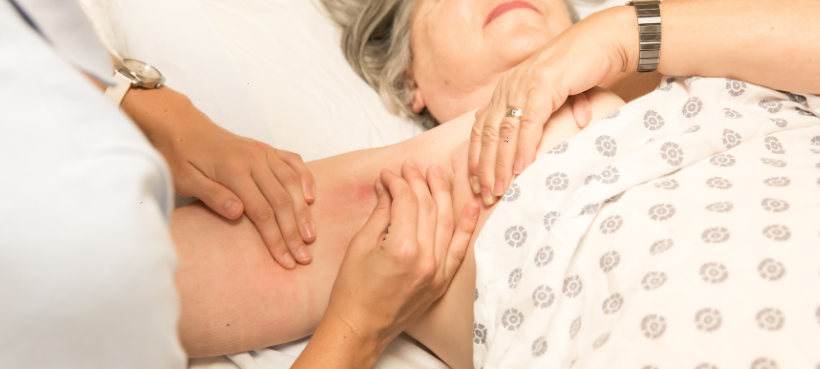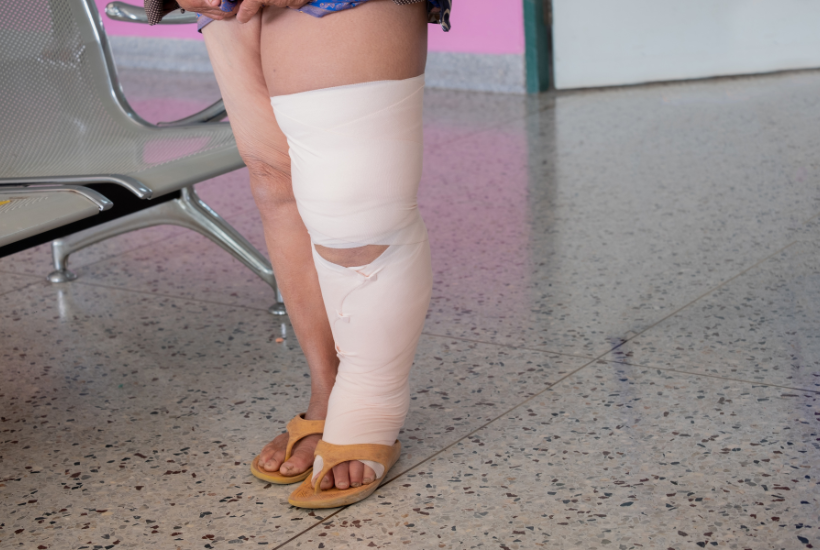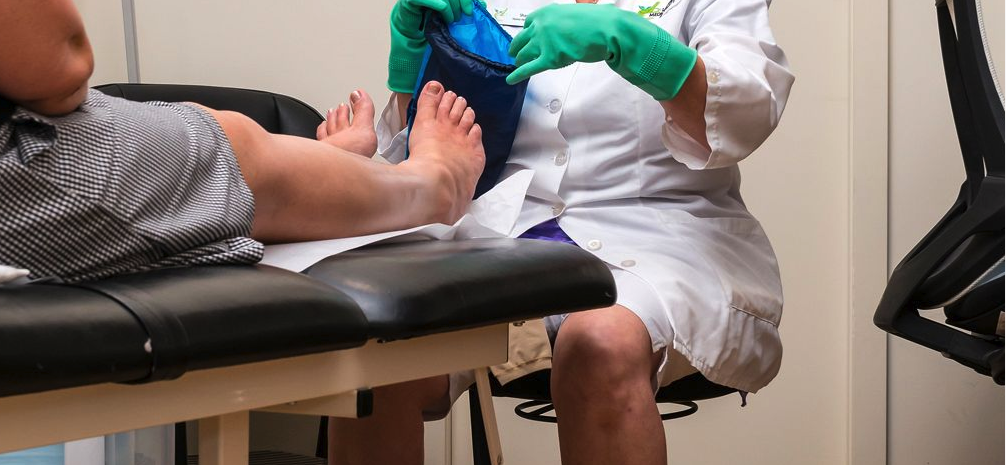
Lymphedema: Causes, symptoms and treatment
March 7, 2023
With World Lymphedema Day happening this month, we’re taking the opportunity to unpack the condition, its causes, symptoms and treatment options.
What is lymphedema?
Lymphedema is a condition that causes your body's lymphatic system to stop working properly.
The lymphatic system is a part of your body's immune system that helps to keep you healthy. It is made up of a network of vessels and tissues, similar to blood vessels, that carry a clear fluid called lymph, which helps fight off infections, throughout your body.
As the lymph circulates through your body, it passes through small organs called lymph nodes. Lymph nodes are like checkpoints where the white blood cells can detect and attack any harmful substances that may be in the lymph.
When the lymphatic system isn't working properly, fluid can build up in different parts of your body, usually in your arms or legs. This can cause swelling, which means that the affected area gets bigger and feels heavy and uncomfortable.
When not properly managed, lymphedema can worsen over time and cause further complications.
What causes lymphedema?
Lymphedema is most commonly caused by cancer or cancer treatment. It is especially common for those who have been treated for breast cancer to develop lymphedema. When lymphedema is caused by damage to the lymphatic system, it is referred to as secondary lymphedema.
A small percentage of people with lymphedema were born with the condition, known as primary lymphedema.
How do I know if I have lymphedema?

If you’ve recently been treated for cancer, you and your doctor should be especially attentive to the parts of the body affected by the treatment. Keep an eye out for symptoms of lymphedema, which include:
- Increased swelling over time of an arm, leg or other part of the body
- Tingling sensation on swollen skin
- Skin in the affected area feeling “too tight”
- Thicker or leathery appearance of the skin on the affected area
- A heavy sensation on the affected part of the body
How is lymphedema treated?
There is currently no cure for lymphedema, but there are many different ways to manage the condition and lessen symptoms including lifestyle changes, compression therapy, massage therapy, pneumatic pumps or, in severe cases, surgery.
Where can I access compression therapy for lymphedema in Kelowna, BC?

If you suspect you have lymphedema, contact your doctor immediately. Upon diagnosis, your doctor may recommend a variety of strategies for managing your symptoms, one of which may be compression therapy.
Lakeside Medicine Centre Pharmacy has a specialist team of certified compression stocking fitters that can provide a number of treatment options for lymphedema:
- Personalized consultation and advice on which products will best help you manage your symptoms.
- Ankle Brachial Pressure Index (ABPI) testing to identify circulation issues.
- Over the counter or prescription strength compression therapy products including socks, stockings, tights and bandages.
- Custom fitted stocking and arm sleeves.
To chat about your options, contact us.
